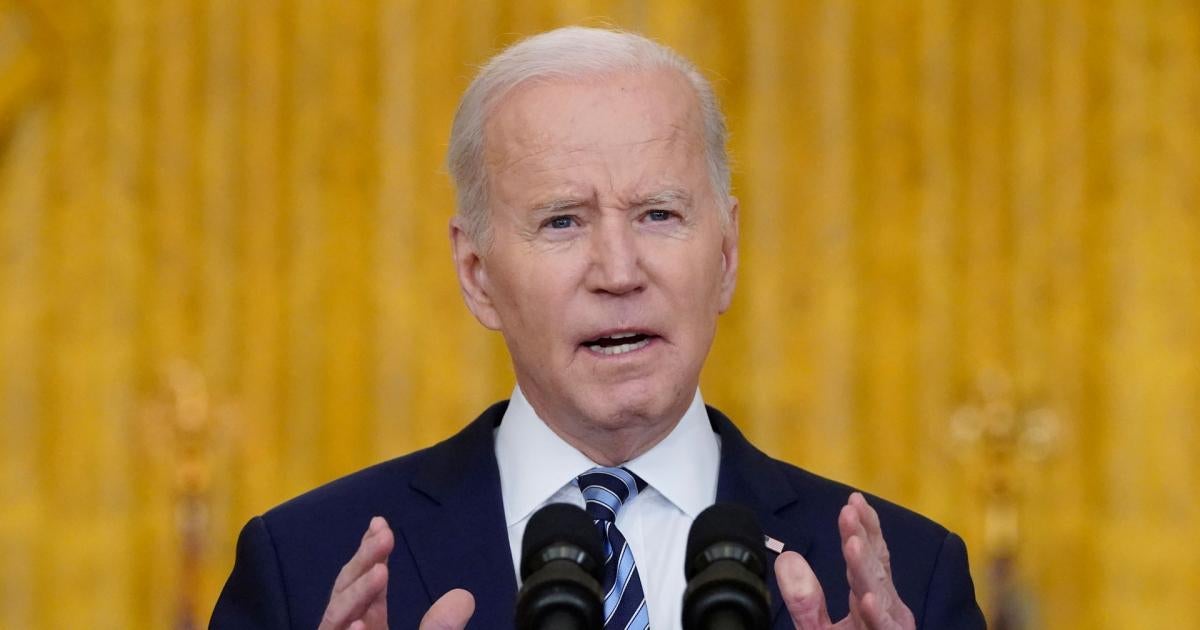US State of the Union: Democracy and Human Rights

The following is an excerpt from a longer piece offering perspectives from various authors on multiple fronts of United States foreign policy ahead of President Joe Biden's State of the Union address on March 1, 2022. By comparison with the dismal performance of former President Donald Trump, President Joe Biden refreshingly promised a foreign policy guided by human rights. But despite some positive steps, Biden’s approach has been disappointingly conventional. For starters, we can be thankful no longer to have a president who embraces every friendly autocrat under the sun – even Russian President Vladimir Putin. In addition, reversing Trump’s moves, Biden rejoined the United Nations Human Rights Council, re-engaged with the World Health Organization, supported global efforts to fight climate change, and cancelled sanctions against the International Criminal Court prosecutor for examining torture by U.S. personnel in Afghanistan and war crimes by Israeli officials. Biden also has continued the longstanding practice of pressing U.S. adversaries such as Venezuela, Nicaragua, and Cuba to curb their abuses, including by imposing targeted sanctions. On China, Biden signed into law the Uyghur Forced Labor Prevention Act, which presumptively bars imports from Xinjiang. After labeling atrocities targeting Uyghurs as genocide and crimes against humanity, Biden joined a diplomatic boycott of the Beijing Olympics to undermine President Xi Jinping’s efforts to “sportswash” his repression. Yet despite these important discrete steps, Biden has yet to put forward a comprehensive strategy, with clear goals, to curb Beijing’s oppression at home and its efforts to undermine international human rights institutions. When it comes to relations with abusive allies, Biden showed little sign of a human rights-guided approach. Apart from modest tweaks, he continued large-scale U.S. arms sales or military aid to Egypt despite the worst repression in the country’s modern history, to Saudi Arabia and the United Arab Emirates despite their devastating airstrikes and other atrocities against Yemeni civilians (casualties surged after Saudi arm-twisting succeeded in lifting U.N. scrutiny in October), and to Israel despite its attacks on large civilian apartment and office buildings in Gaza and its crime against humanity of apartheid affecting millions of Palestinians. Silence from the White House matched Indian Prime Minister Narendra Modi’s silence before his supporters’ increasingly virulent attacks on Muslims. Even some of Biden’s positive steps have been half-hearted. After his summits with key leaders such as Russia’s Putin, China’s Xi, and Turkey’s President Recep Tayyip Erdoğan, the White House said “human rights” were discussed but provided no details, leaving in the dark the persecuted people from those countries – the primary agents for change – and missing an opportunity to use the moral influence of the president’s office to support them. Just days after Biden’s Summit for Democracy, the administration invited autocratic leaders from Vietnam, Laos, Cambodia, and Thailand to a U.S.-ASEAN summit.
The administration implemented economic restrictions on Afghanistan following the Taliban takeover that are severely harming the Afghan population, which now faces a looming humanitarian crisis and large-scale starvation. And while some migrants at the U.S.-Mexican border have been allowed to seek asylum, many are still summarily turned back despite the considerable danger of violent attack.
Read the full article at the original website
References:
